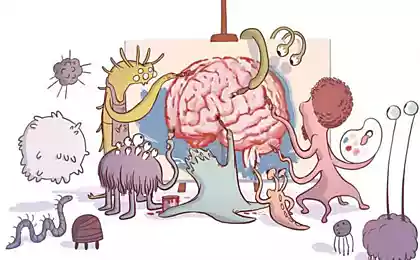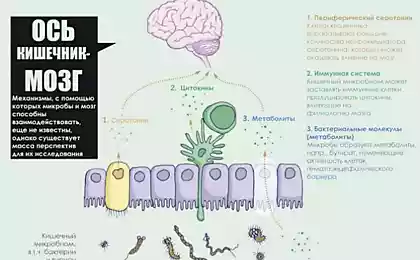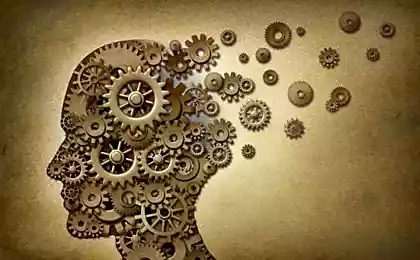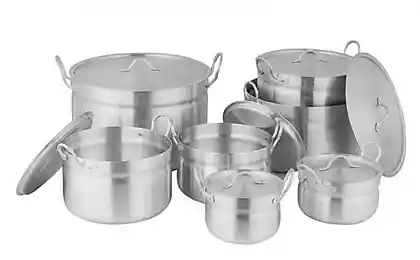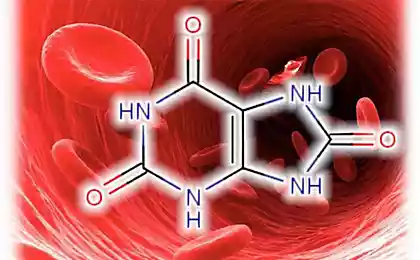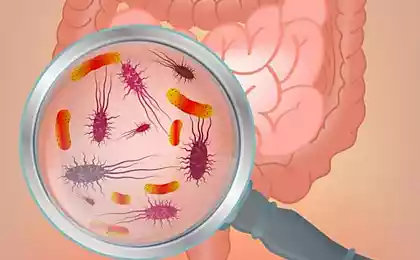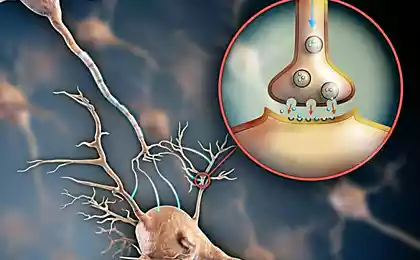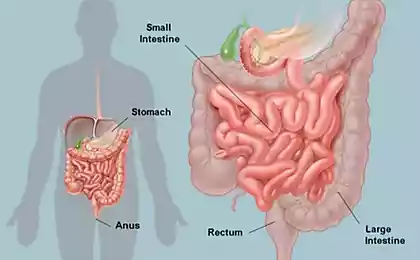474
The connection between "diet" drinks, stroke and Alzheimer's disease
In recent years more and more people are starting to look for a healthy alternative to the classic Cola and other sweet sodas and find it in the form of "diet", "light", "zero" variants of the same popular beverages. Published in the journal Stroke, the study shows that it may be a bad idea, leading to a serious increase in the risk of severe brain diseases — Alzheimer's disease (the most common form of dementia) and stroke.
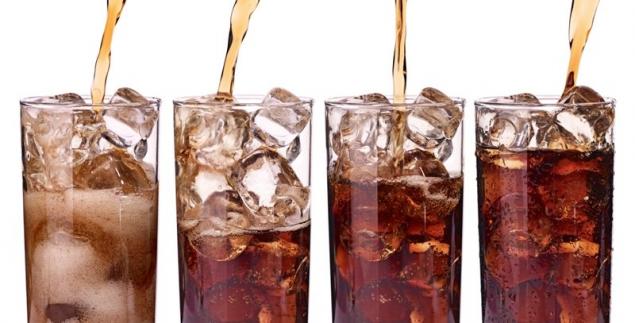
The study used data 2,888 participants over the age of 45 I1,484 participants older than 60 years. They all participate in the biggest observational study — Framingham Heart Study, which lasts from 70-ies. Over the last 10 years 6% of the "older" group of participants became ill with Alzheimer's, and 3% of the members of the "younger" group had a stroke.
Examining the relationship between consumption of different drinks and these diseases, the scientists came to a surprising conclusion — the regular consumption of beverages containing artificial sweeteners, is associated with an almost threefold increased risk. Among those who drank on average one serving of "light" drinks per day, the incidence of Alzheimer's was higher than 2.89 times, and a stroke of 2.96%, compared to those who drank less than one drink per week.
The consumption of beverages that contain sugar, did not show a correlation with these diseases.
Scientists used data over many years of observations, beginning in 1991, and it is worth noting an important detail: all "diet" drinks that the participants consumed, contained, artificial sweeteners: saccharin, aspartame, Acesulfame potassium. Scientists can not yet explain what caused this Association, but other studies will spatialite same synthetic sweeteners with an increased risk of developing pre-diabetes and damage to the intestinal microflora.
Of course, it is important to keep in mind that studies of this kind are not evidence of causation, as indicated by the authors themselves. However, the establishment of such an explicit Association of "light" drinks with a threefold increase risk of several diseases is a major cause for a deeper examination of the impact of artificial sweeteners on the brain.
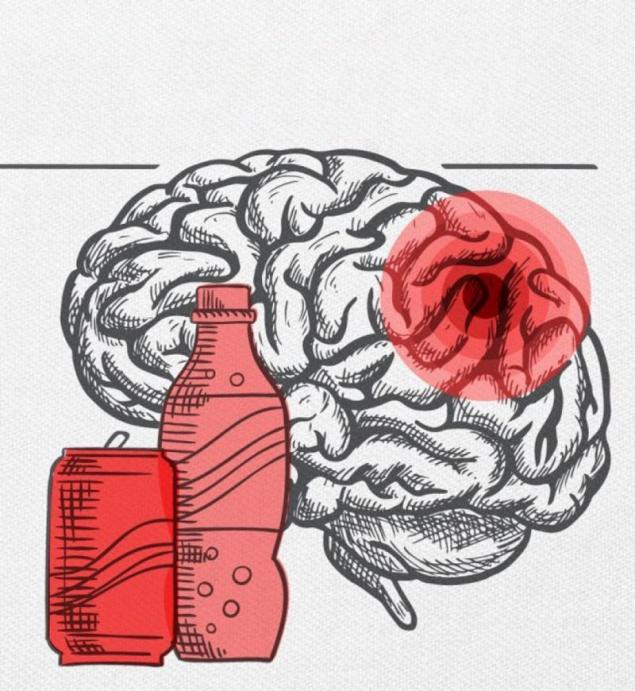
American Association of manufacturers of soft drinks have already answered this study the official statement, which noted that safety of low-calorie sweeteners proved by a number of scientific studies. They also pay attention to the fact that a causal relationship in this case is not proven, and the incidence of dementia and stroke may be due to other factors, e.g., hypertension, age, diabetes, etc.
Scientists, however, caution against excessive consumption as a "diet drink" and the classic sugar-containing sodas.
"No one ever said that "light" drinks are a healthy food. The final conclusion is: drink more water and less diet soft drinks, says Christopher Gardner, Director of the Center for nutritional studies at Stanford University, —and not go back to the classic sweet drinks."
Agree with him and Rachel K. Johnson, Professor of nutrition at the University of Vermont: "There is a significant amount of scientific literature proving the harm from sugary drinks. The results of the study cannot be interpreted as a call to return to him." published
P. S. And remember, just changing your mind — together we change the world! ©
Source: //lchf.ru/15304

The study used data 2,888 participants over the age of 45 I1,484 participants older than 60 years. They all participate in the biggest observational study — Framingham Heart Study, which lasts from 70-ies. Over the last 10 years 6% of the "older" group of participants became ill with Alzheimer's, and 3% of the members of the "younger" group had a stroke.
Examining the relationship between consumption of different drinks and these diseases, the scientists came to a surprising conclusion — the regular consumption of beverages containing artificial sweeteners, is associated with an almost threefold increased risk. Among those who drank on average one serving of "light" drinks per day, the incidence of Alzheimer's was higher than 2.89 times, and a stroke of 2.96%, compared to those who drank less than one drink per week.
The consumption of beverages that contain sugar, did not show a correlation with these diseases.
Scientists used data over many years of observations, beginning in 1991, and it is worth noting an important detail: all "diet" drinks that the participants consumed, contained, artificial sweeteners: saccharin, aspartame, Acesulfame potassium. Scientists can not yet explain what caused this Association, but other studies will spatialite same synthetic sweeteners with an increased risk of developing pre-diabetes and damage to the intestinal microflora.
Of course, it is important to keep in mind that studies of this kind are not evidence of causation, as indicated by the authors themselves. However, the establishment of such an explicit Association of "light" drinks with a threefold increase risk of several diseases is a major cause for a deeper examination of the impact of artificial sweeteners on the brain.

American Association of manufacturers of soft drinks have already answered this study the official statement, which noted that safety of low-calorie sweeteners proved by a number of scientific studies. They also pay attention to the fact that a causal relationship in this case is not proven, and the incidence of dementia and stroke may be due to other factors, e.g., hypertension, age, diabetes, etc.
Scientists, however, caution against excessive consumption as a "diet drink" and the classic sugar-containing sodas.
"No one ever said that "light" drinks are a healthy food. The final conclusion is: drink more water and less diet soft drinks, says Christopher Gardner, Director of the Center for nutritional studies at Stanford University, —and not go back to the classic sweet drinks."
Agree with him and Rachel K. Johnson, Professor of nutrition at the University of Vermont: "There is a significant amount of scientific literature proving the harm from sugary drinks. The results of the study cannot be interpreted as a call to return to him." published
P. S. And remember, just changing your mind — together we change the world! ©
Source: //lchf.ru/15304
